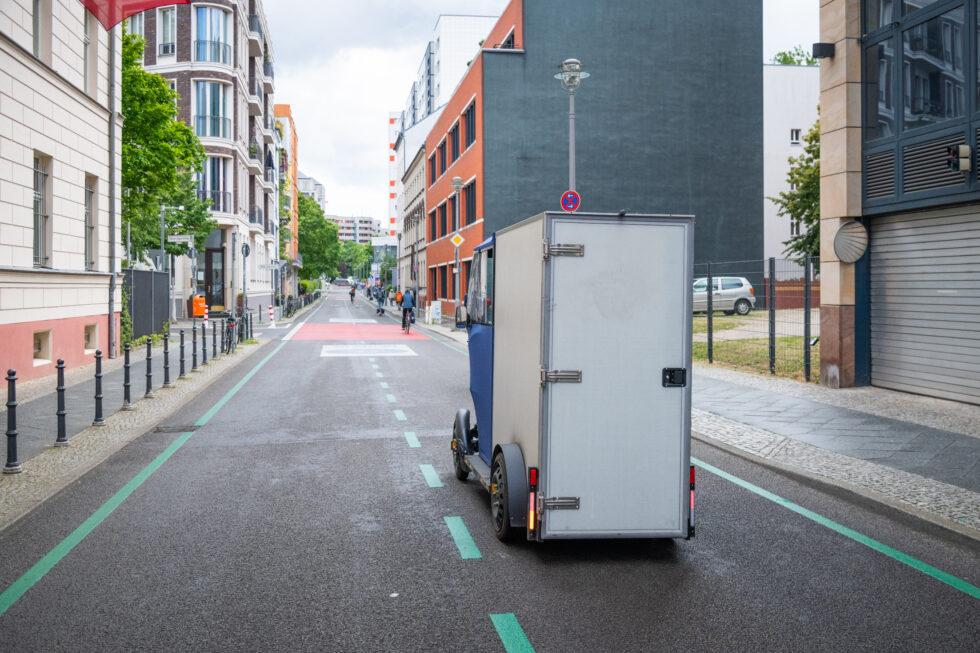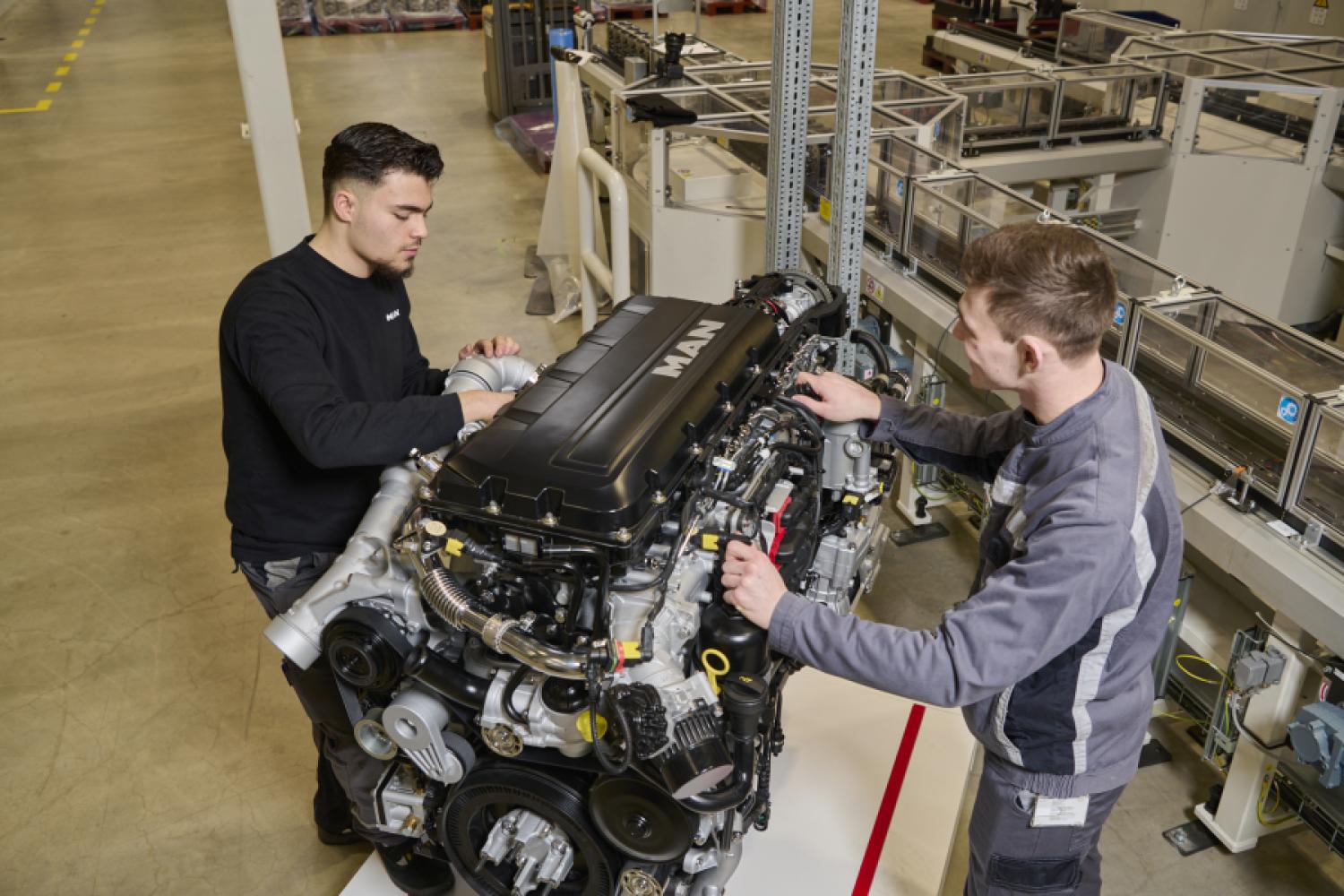The German Bicycle Logistics Association (RLVD) has criticized the current position of the Zweirad-Industrie-Verband (ZIV) on the peak performance limitation of pedelecs and sees it as a threat to road safety. Cargo bikes and bicycle logistics are a crucial component for the transportation transition and contribute to calming traffic and making it compatible with urban environments, argues the association. Cargo bikes are bicycles and EPACs (pedelecs) and must remain so.
"A bicycle remains a bicycle – even with strong support" - under this title, the RLVD has designed its first own position paper, which focuses on the perspective of the logistics industry, cargo bike manufacturers, and professional users. The draft is currently being discussed within the association and is
now to be discussed with the entire industry.
Key statements of the RLVD:
- Peak performance ensures practical suitability – not a danger, but control: In commercial use – e.g., when starting loaded cargo bikes on slopes, delivering in hilly Stuttgart, or in ramp situations in underground garages – a temporarily high motor performance is indispensable. Otherwise, the bike becomes too slow in flowing traffic and is difficult to control. A rigid upper limit on peak performance, as proposed by the ZIV, thus endangers the practicality of established cargo bike systems.
- Safety arises through understandable, technical standards – not through abstract watt limits: Cargo bikes as EPACs are electrically supported up to a maximum of 25 km/h. Traffic calming through
- low speeds is the proven best way to achieve higher traffic safety. They achieve this by replacing vans and cars. Under the guise of a safety debate, the ZIV position, among other things, suggests a limitation of the electric peak performance to 750 W.
- The RLVD, however, warns against such a regulation: Instead of unclear performance limits, there needs to be the consistent application of the European EN 17860 series of standards. This already differentiates between light and heavy cargo bikes and contains clearly measurable safety-relevant requirements – such as permissible total weights per bicycle type, structural mechanical tests, and defined braking decelerations. Bicycles and EPACs are clearly regulated in EU Regulation 168/2013. The RLVD considers this definition sensible
- and sees no need for change at the national level.
- The safety of modern cargo bikes is ensured through technical standards – not through abstract performance limits. A limitation of peak performance for heavy commercial cargo bikes offers no safety advantage. On the contrary: it would artificially restrict their usability, especially in start-up behavior under load. This would hinder the urgently needed shift from large, emission-intensive motor vehicles to light, electrically supported cargo bikes – and thus harm road safety more than benefit it.
In this context, the association also invites you to the discussion "A bicycle remains a bicycle – Understanding a realistic EPAC regulation" on June 26, 1-2 PM on the Yellow Stage of Eurobike 2025, Messe






